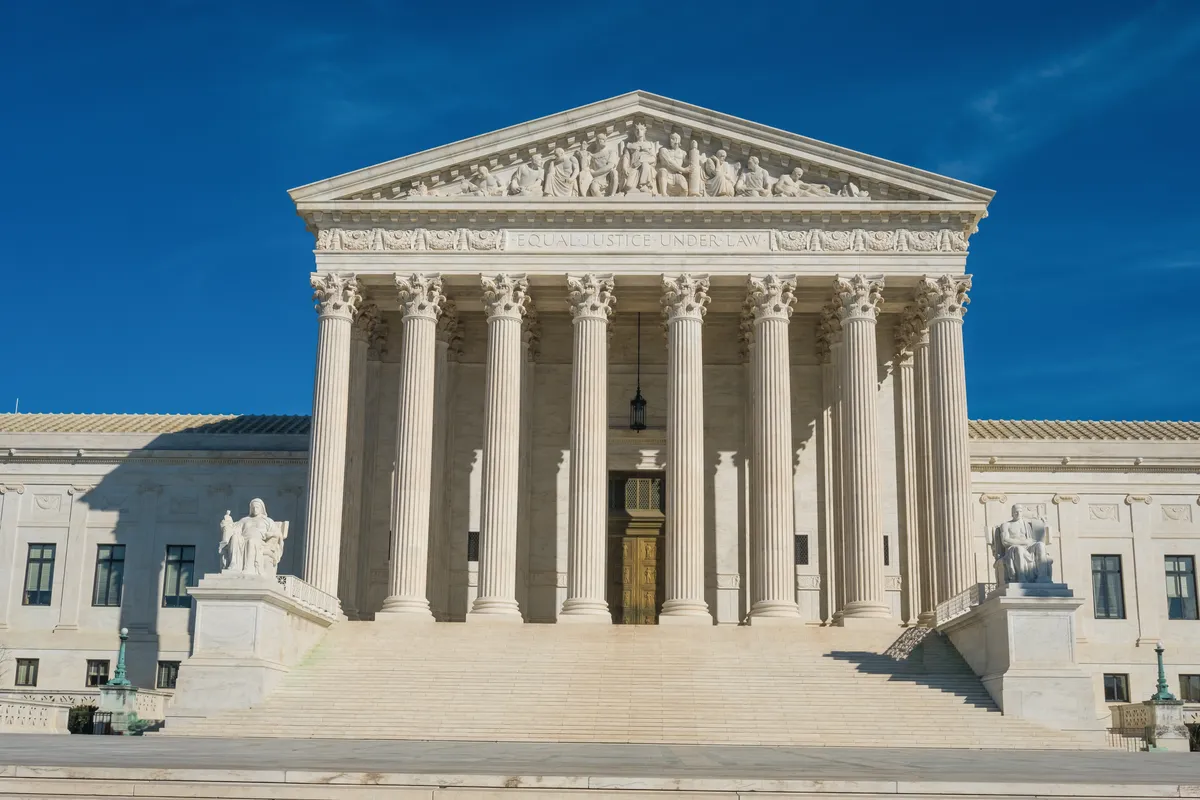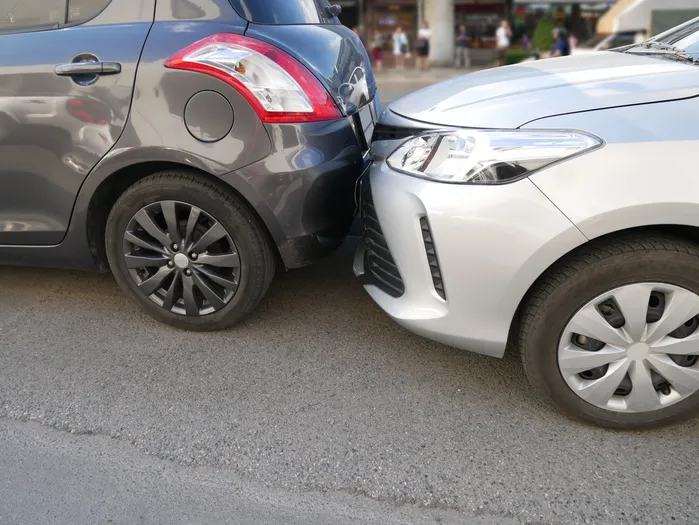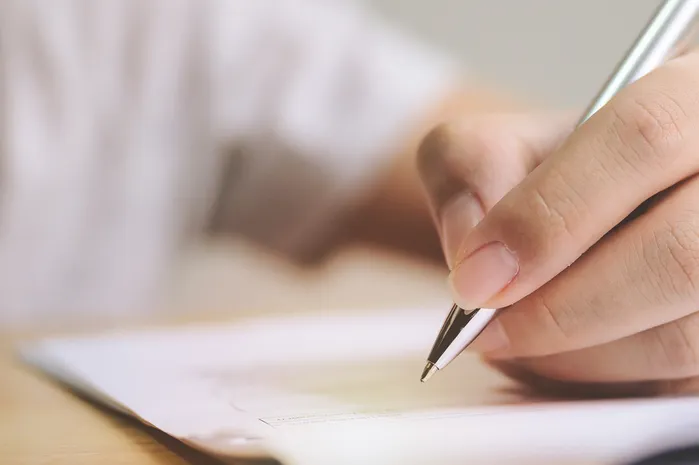6 min read time
Summary
Around 3% to 5% of personal injury cases go to trial.
Table of Contents

What Percentage of Personal Injury Claims Go to Trial
Only around 3% to 5% of personal injury cases go to trial, while around 95% to 97% of personal injury claims are handled through negotiations, mediation, arbitrations, or other means than trial.
The low percentage of personal injury cases going to trial is typically due to the following factors:
- High cost and risk of litigation
- Longer case timeline
- Liability is clear
- A settlement offer was agreed upon in negotiations
Additionally, most insurance companies and defense attorneys strive to resolve personal injury cases through negotiations to avoid the possibility of a jury awarding the victim a higher settlement amount.
However, while a low number of personal injury cases go to trial, it doesn't mean yours won't, and if it does, you must be ready to respond by having the experienced Las Vegas personal injury lawyers at the Rodney Okano Car Accident Lawyer represent you in court to protect you legally and financially.
Schedule a free consultation with a Nevada personal injury attorney from our law firm today by calling for a free case evaluation.
Common Reasons Why Personal Injury Cases Go to Trial
When 3% to 5% of personal injury cases go to court, they are typically caused by a few common reasons, which are important to understand so you may be able to identify if your personal injury case has the potential of going to trial.
Disputes Over Liability
One of the most common reasons personal injury cases go to trial is when liability in the accident is unclear, and the parties cannot come to an agreement on who was at fault.
When a dispute over fault cannot be resolved between the parties, a jury may be needed to give a third-party opinion and determine liability.
Parties Can't Agree on a Settlement Amount
Even if liability is clear in a personal injury case, a settlement may not be agreed upon among the parties involved.
A disagreement on a financial settlement amount could result in the case being taken to court, where the plaintiff can seek a higher compensation amount from a jury or a judge's decision.
Insurance Company Acting in Bad Faith
If the insurance company involved in the personal injury case is potentially acting in bad faith by unjustly delaying or denying a personal injury claim, your attorney may seek to take your case to court to avoid your case being wrongfully shut down.
The Case Requires Public Attention
In personal injury cases against large companies or public figures, the plaintiff may not just seek financial compensation but also expose the company's or person's negligence in the public eye by taking the case to court.
Steps of a Personal Injury Case Trial
While only 3% to 5% of personal injury cases go to trial, it doesn't mean your case won't go to court.
With the possibility of your personal injury case going to court, you must understand the steps in a personal injury case trial to ensure that you are prepared.
Typical steps involved in a personal injury claim trial are:
- Jury Selection (Voir Dire): This is a pre-trial stage where jurors are selected through a vetting process in which attorneys from both sides ask potential jurors questions meant to identify biases or conflicts.
- Opening Statements: Once the trial begins, both the plaintiff and the defendant will make their opening statements, with the plaintiff's attorney going first.
- Evidence Presentations: Following the opening statements, the plaintiff and the defendant will present their evidence against the opposing side, which may include witness testimonies, medical records, expert statements, and accident reports.
- Closing Arguments: Once the evidence has been presented and a case has been made for both sides, the attorneys will deliver a closing argument targeted at the jury, in hopes of securing a favorable ruling.
- Jury Instructions: After hearing the closing argument, the jury will be given instructions to follow during deliberation.
- Jury Deliberations and Verdict: The jury will engage in private deliberations to discuss the personal injury case. Once a decision is made, the jury will state if the defendant is liable for the injuries and damages, and if so, how much compensation they owe to the plaintiff.
- Post-Trail Appeals: Appeals may be filed by either side following a verdict in an attempt to overturn the original jury verdict. Appeals and motions following a trial are common in personal injury cases where the jury awards a large settlement verdict against the defendant.
While we summarized the steps in personal injury trials above, the truth is that each step is often extensive, complex, expensive, and time-consuming, so it's crucial to enlist the help of a trial-trained personal injury attorney from the Rodney Okano Car Accident Lawyer Law Firm.
Why Most Personal Injury Cases Don't Go to Trial
Around 95% to 97% of personal injury cases don't go to trial, meaning that almost all personal injury claims don't end up in court.
However, why is this? Below, we explore three of the most common reasons why a vast majority of personal injury cases settle outside of court.
Expenses and Longer Settlement Time
Taking a personal injury claim to court is an expensive and time-consuming process, which the client, their attorney, and the opposing side often seek to avoid.
Pursuing a personal injury lawsuit in court is typically only worth the time and expenses if the case's worth has the potential to exceed the costs.
The Case Settles Through Negotiations
Generally, in a personal injury case, reasonable settlement offers are made by the insurance company, allowing the case to be resolved through negotiations.
In addition, negotiations are often favorable for all parties involved as they result in faster payouts and maintain confidentiality.
Unpredictable Outcomes
When you bring a case to court, there is a possibility that the jury can award the plaintiff a settlement amount substantially lower than what the insurance company initially offered them or that the personal injury case gets defenced, resulting in the plaintiff receiving nothing and possibly being responsible for the other side's legal costs.
What Are the Differences Between Negotiations and Trials in Personal Injury Cases
Negotiations and trials are the two potential paths a personal injury case can take, and each has key differences that are important to understand when choosing which path you want your personal injury claim to take.
Control over the Result
In negotiations, control over the final settlement is given to the negotiating parties, typically the plaintiff and the defendant.
However, when a case goes to trial, control over the final settlement is given to the jury or judge.
Case Timeframe
Cases that are worked through negotiations are often resolved substantially quicker than cases that go to court, as taking a case to court could involve time-consuming processes, such as appeals and deliberations.
Cost
Setting a case through negotiations is almost always cheaper than settling through court, as when a case is taken to trial, numerous expenses will be incurred to prepare the case for trial, such as court fees and expert testimony costs.
Confidentiality
Negotiations often keep cases out of the public eye, whereas a large enough personal injury court case can attract thousands or even millions of viewers, potentially leading to public scrutiny of the plaintiff or the defendant.
What Types of Personal Injury Cases Typically Go to Trial
While only a small percentage of personal injury cases go to trial, certain types of personal injury claims have higher rates of being taken to court when compared to other types.
Medical Malpractice Cases
A medical malpractice case occurs when a healthcare provider is accused of negligence that results in harm.
These types of cases are more likely to go to trial, as a medical malpractice suit often involves contested liability, long-term and significant damages, and the need for a medical expert to testify.
Product Liability Cases
A product liability case arises from a dangerous or defective product that is released, resulting in injuries and damages.
These types of cases are often taken to trial due to the large number of plaintiffs, the complex investigation required, and the potential involvement of a major company.
Wrongful Death Cases
Wrongful death cases seek to compensate the surviving family members for the emotional and financial losses incurred by the death of a loved one caused by someone else's negligence.
Despite the tragic event, insurance companies will often resist paying out a fair settlement, arguing that since the person is deceased, future expenses cannot be incurred.
Such resistance from the insurance company can result in the wrongful death case going to trial.
Obtain the Compensation You're Entitled To
Contact Us Today
Rodney Okano Car Accident Lawyer is a Las Vegas personal injury law firm with over 20 years of experience helping clients obtain maximum compensation following injuries from accidents such as car crashes, worksite injuries, and slips and falls. Over those years, The Rodney Okano Car Accident Lawyer Law Firm has become an experienced law firm that can ensure exceptional results for any of its clients.






